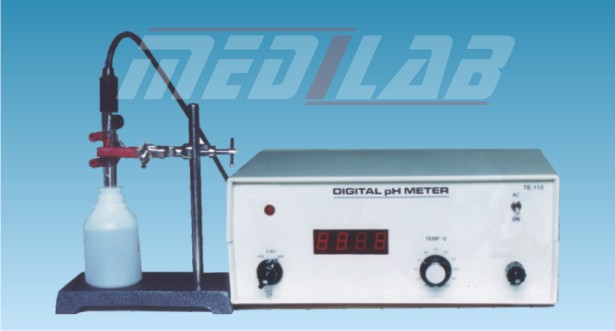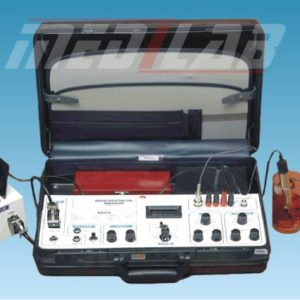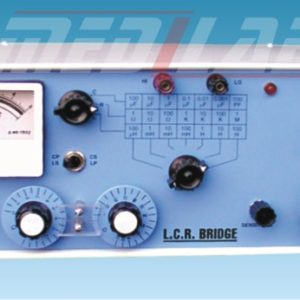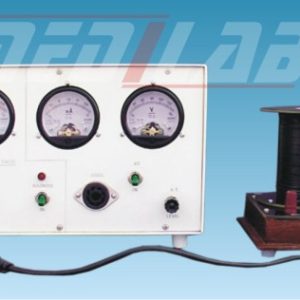Description
A digital pH/mV meter is a scientific instrument used to measure the acidity or alkalinity of a solution and the millivoltage (mV) generated by an electrode in the solution. It consists of a probe that is inserted into the solution being measured, an electronic circuit for measuring the pH/mV signal, and a digital display that shows the pH/mV reading.
The pH measurement is based on the hydrogen ion concentration in the solution. The pH scale ranges from 0 to 14, where a pH of 7 is considered neutral, a pH below 7 is acidic, and a pH above 7 is alkaline. The mV measurement is used to determine the electrode potential, which can be used to calculate other chemical parameters in the solution.
Digital pH/mV meters offer several advantages over traditional pH meters, including increased accuracy, repeatability, and the ability to store and analyze data. They are widely used in research laboratories, quality control processes, and environmental monitoring to measure the pH and mV of various solutions, including water, soil, and biological samples.
Digital pH/mV meters are typically calibrated using buffer solutions of known pH/mV values to ensure accurate readings. Some digital pH/mV meters also feature automatic temperature compensation to correct temperature changes that can affect pH measurements.







